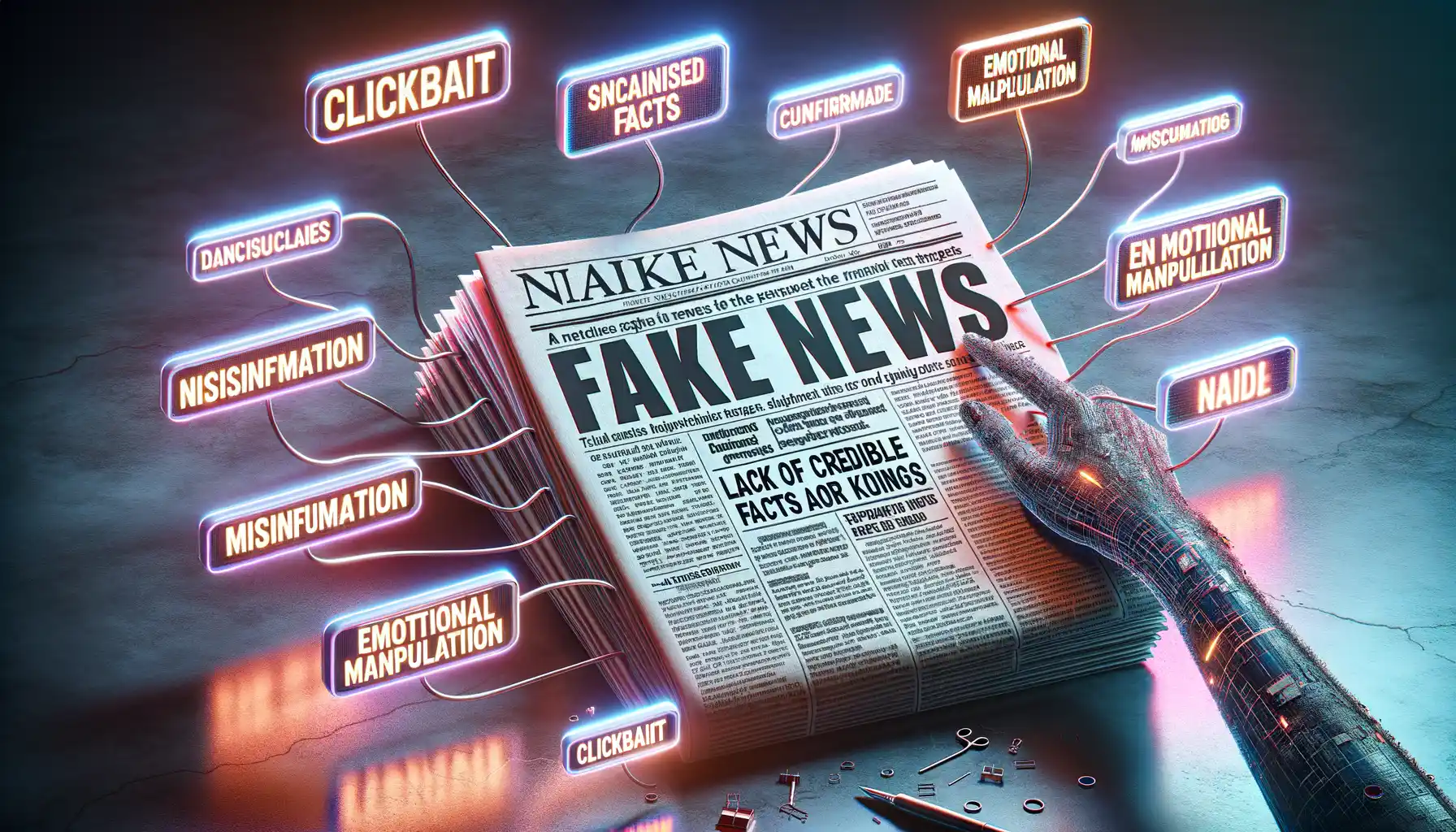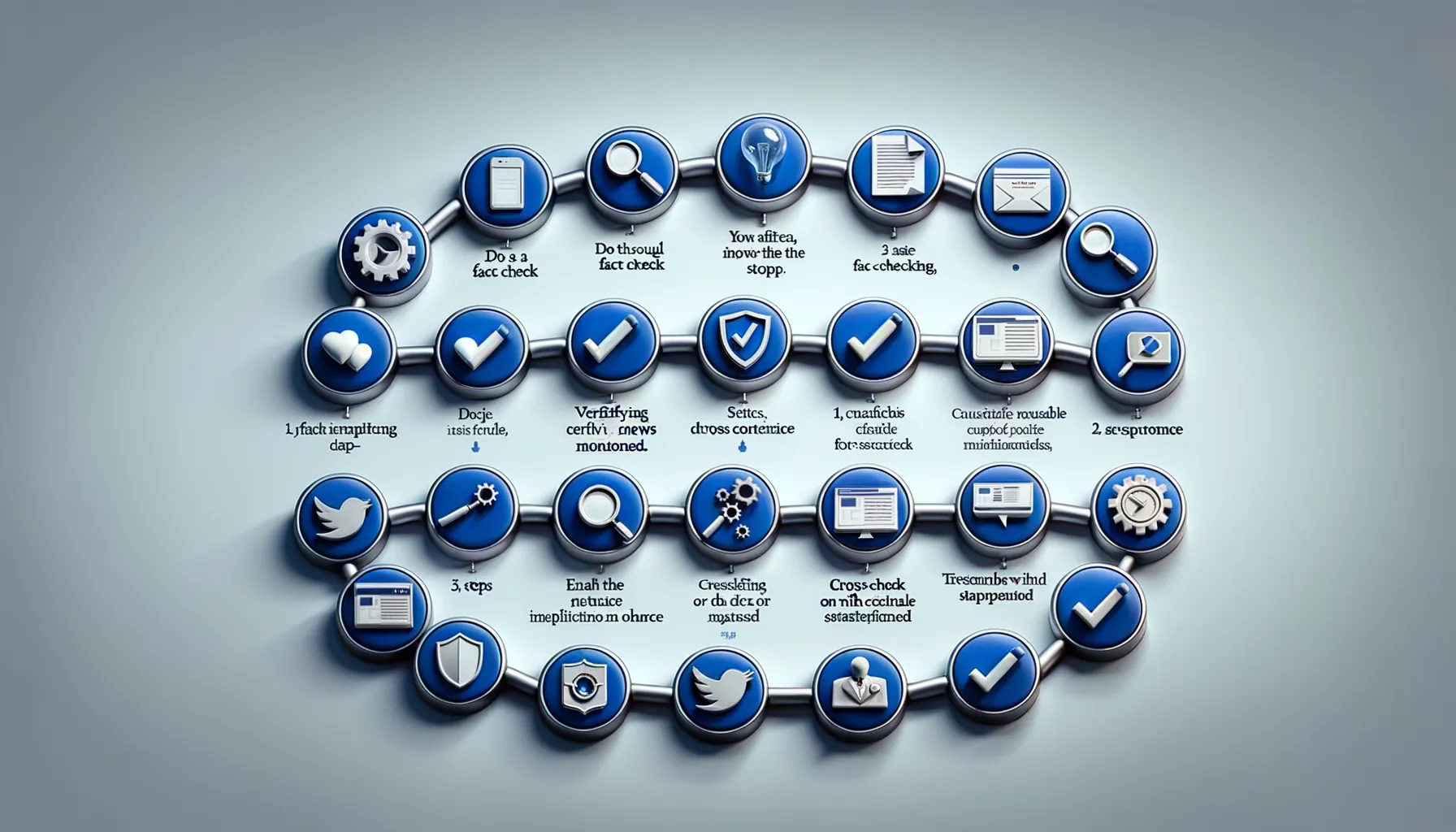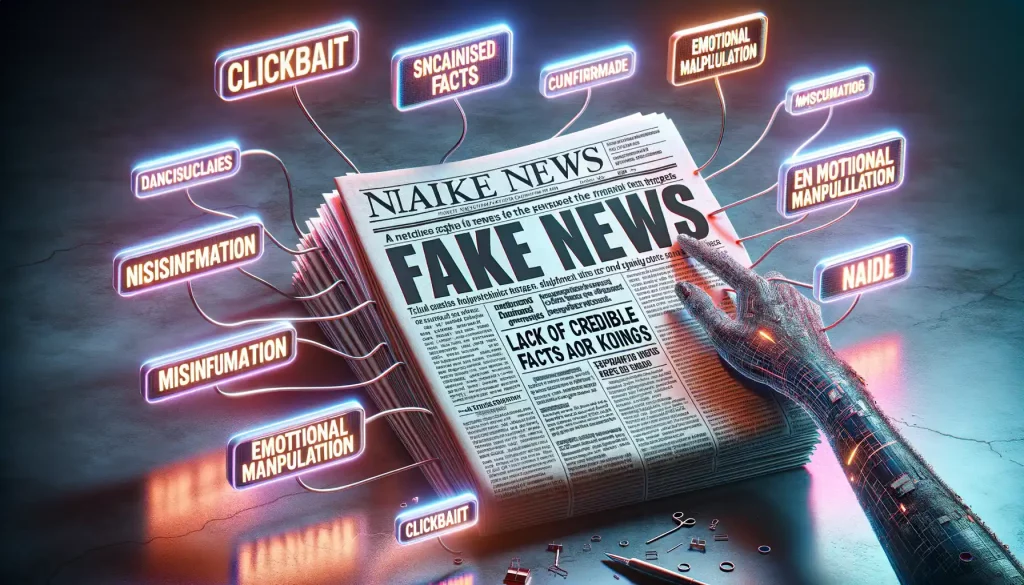Understanding the Impact of Fake News in Nigeria
The Ripple Effect of Misinformation
Imagine a single drop of ink in a clear glass of water – that’s how quickly fake news spreads and taints understanding. In Nigeria, this isn’t just a figurative problem; it’s a lived reality that affects lives, communities, and even national security. From viral WhatsApp messages about fake election results to fabricated health advice circulating on Facebook, misinformation is not just noise – it has real-world consequences.
Take, for instance, the spread of false claims during the COVID-19 pandemic. Many Nigerians encountered messages urging them to drink excessive ginger or boil neem leaves as a cure. While seemingly harmless at first, such misinformation delayed critical medical interventions and stoked fear. Similarly, false narratives about ethnic groups or religious communities often spark tensions, feeding into existing divisions.
Every share, every like, every forward matters. When unchecked, these actions amplify lies disguised as truths, eroding trust and damaging relationships.
Why Fake News Wounds Deeper Here
Context is everything. In a diverse and complex society like Nigeria’s, with its 250+ ethnic groups, countless languages, and deeply intertwined political and religious dynamics, fake news often preys on our emotions. It doesn’t just trick us; it manipulates hopes, fears, and biases.
Consider how rumors of unrest in a specific city can halt business activities or push people to flee their homes unnecessarily. Or worse, how politically charged fake stories can escalate tribal tensions. This isn’t just “reading the wrong thing online.” It’s a ticking time bomb waiting to explode.
We’re talking about lives lost to violence inflamed by lies, money wasted on fabricated get-rich-quick schemes, and reputations destroyed by baseless accusations. The stakes couldn’t be higher.
Key Characteristics of Fake News

Spotting the Telltale Signs
Imagine this: you’re scrolling through your feed, and suddenly, you stumble upon a flashy headline like “Nigeria to Ban Rice in All Markets!” It’s dramatic, it’s urgent—but is it true? That’s exactly how fake news reels you in. One major characteristic is sensationalism. If it feels like the article is yelling at you with extreme, headline-grabbing language, your guard should immediately go up.
Another red flag? The lack of credible sources. Legitimate stories often cite known entities—think respected journalists or official organizations. But fake news? It hides behind vague terms such as “experts say” or “a source revealed.” What source, though? It’s a mystery!
And don’t forget the visual bait. Fake news loves to serve up misleading images or videos out of context. That viral photo of chaos in Lagos? Turns out it was taken five years ago during an unrelated incident!
- Emotional manipulation: Does the story make you angry, scared, or overly excited?
- Grammar errors galore: Watch out for poorly written content—it screams untrustworthy.
Fake news doesn’t arrive wearing a warning label—it’s sneaky. But armed with these clues, you’ll spot it like a pro!
Is the Messenger Trustworthy?
Now, stop for a second and think: who’s sharing this information? A verified journalist you recognize? Or a new random page trying to gain followers? One key feature of false reports is that they often originate from dubious accounts or websites masquerading as legitimate ones. A page pretending to be “BBC News Nigeria” might actually have minor tweaks to its name or URL to fool you.
Pay attention to the writing style too. Reputable outlets hire pros, but fake news sites? They’ll often sprinkle dramatic claims with little substance. For example, instead of breaking down details, they focus on shock value. “BREAKING: Shocking Discovery About Popular Nigerian Food!”—yet inside the article, there’s *nothing groundbreaking*. It’s all smoke, no fire.
Think of fake news as an actor playing dress-up. It might look credible at first glance, but once you start peeling layers, the cracks show.
Practical Steps to Identify Fake News on Social Media

Spotting Red Flags with a Sharp Eye
Scrolling through social media can feel like wandering through a crowded market—you’ll find shiny treasures, but also counterfeit goods. Spotting fake news in this busy space requires both caution and curiosity. First, always consider the **source**. Does it come from a verified account or a random handle that popped up yesterday? Many fake stories thrive on obscure blog links or websites with questionable names like “BreakingToday123.”
Check the headlines too. If it’s pounding your emotions—making you angry, overly excited, or scared—it’s probably bait. For instance, “Government Bans All Mobile Phones!” sounds intrusive, doesn’t it? Clickbait often exploits your feelings to make you share without thinking.
- Inspect the publication date—fake news loves to regurgitate old stories as “breaking” news.
- Does the story include quotes or unnamed “sources”? Be wary if it lacks credible voices.
Ask Questions Before You Hit Share
Picture this: A friend forwards you a viral post about fuel prices doubling overnight. Before you blindly hit the share button, pause and play detective. Have other reputable outlets reported the same thing? Search for the topic online. Fake news tends to isolate itself—real stories spread across multiple credible platforms like Pulse Nigeria or BBC Africa.
And here’s a trick—run those flashy images through a reverse image search. A shocking photo might actually be from an entirely different event. For example, what looks like chaos in Lagos could actually be a protest in another country years ago.
Finally, trust your gut but verify with facts. If something feels off, don’t just scroll past—dig deeper.
Tools and Resources to Verify Information

Detecting the Truth with a Click
Navigating Nigerian social media can feel like walking through a jungle where sometimes a simple headline is a cleverly disguised trap. Luckily, you’ve got tools to cut through the vines of misinformation and uncover the truth. Some of my personal favorites? Fact-checking platforms that do the heavy lifting for you. Start your journey with Dubawa or Africa Check—both reliable, homegrown watchdogs that specialize in separating fact from fiction in Nigeria’s digital landscape.
And don’t sleep on reverse image search tools like Google Images or TinEye. Suspicious about a photo claiming to show “breaking news” in Abuja? These tools let you trace its origins in seconds. You might discover it’s a recycled shot from five years ago—or even from another country entirely!
- Snopes: A global heavyweight for debunking viral stories.
- InVID: A browser extension that verifies videos, because yes, videos can lie too.
Smartphone Sleuthing Made Simple
Your smartphone is not just for scrolling—it’s a portable detective kit. Spot a questionable story? Copy chunks of text and search them in quotes to see if reputable sources are covering it. Tools like YouVerify, designed for Africans, even let you confirm identities, locations, or documents! How cool is that?
Empower yourself. The internet may tell tall tales, but your curiosity and these tools will turn you into a truth-teller extraordinaire.
Promoting Media Literacy and Awareness

Why Media Literacy Is Your Superpower
In a world teeming with content, staying sharp is no longer a luxury—it’s a necessity. Think of *media literacy* as your superhero cape. It helps you dodge fake news traps, uncover hidden truths, and even save others from misinformation whirlpools. But here’s the thing: this power grows with practice, and every small step matters.
Start by asking questions. Who wrote this post? What’s their agenda? Does it sound too good—or shocking—to be true? Remember, journalists don’t typically write headlines that scream like a Nollywood script. A little skepticism can go a long way in saving you from clicking on something sensational, yet completely false.
- Follow trusted sources with a track record for credibility, like legitimate Nigerian news outlets.
- Cross-check any “breaking news” with multiple platforms before sharing—it takes seconds but saves reputations.
Set the Standard in Your Online Circle
Being media literate isn’t just personal—it’s communal. When you share thoughtfully verified content, you set an example for your friends and family. In Nigeria, where social networks buzz louder than a Lagos marketplace, the ripple effect is real. By promoting awareness, you become part of a movement that values truth over gossip, accountability over chaos. Now that’s a legacy worth building!





